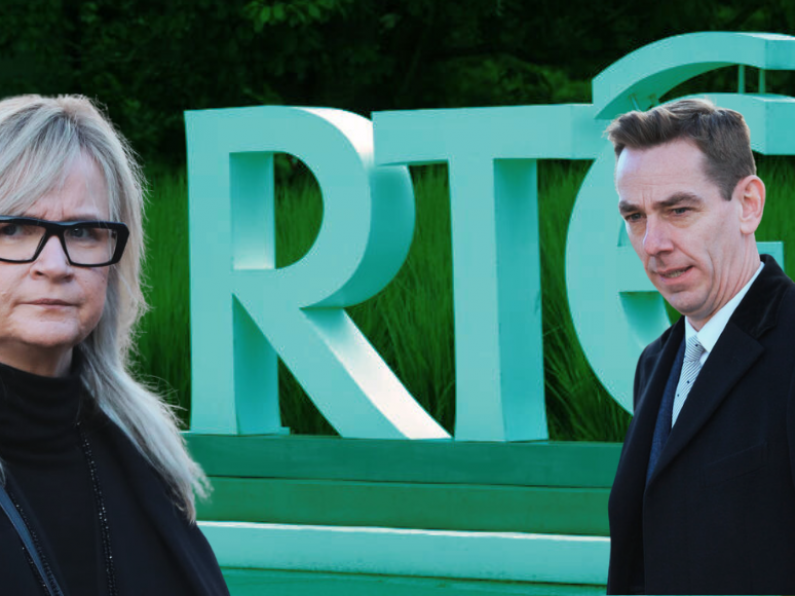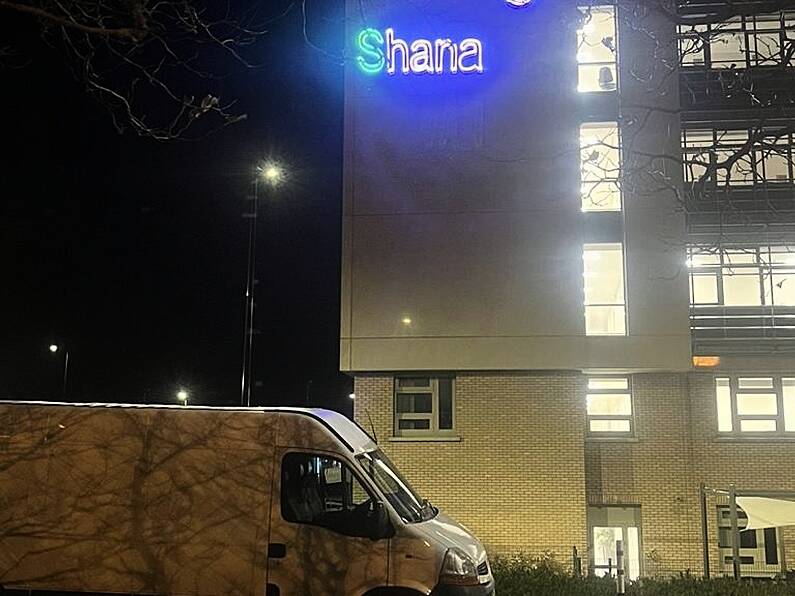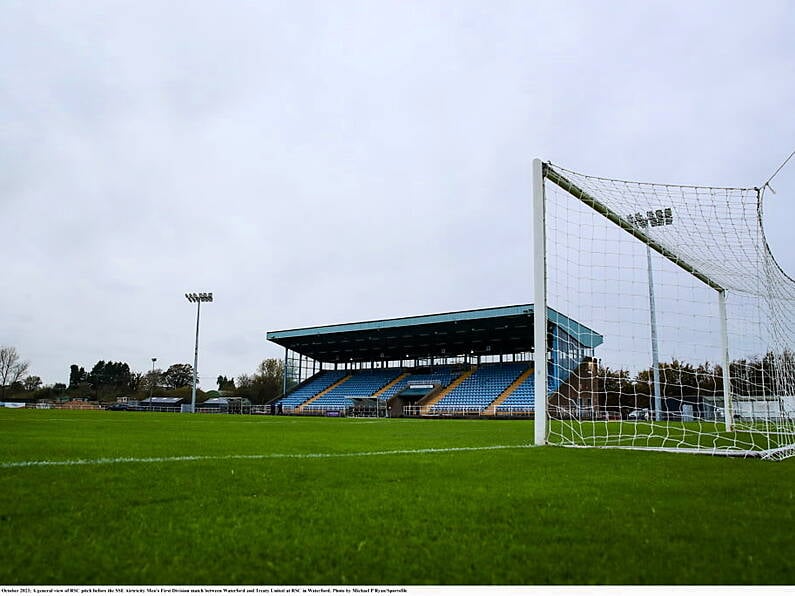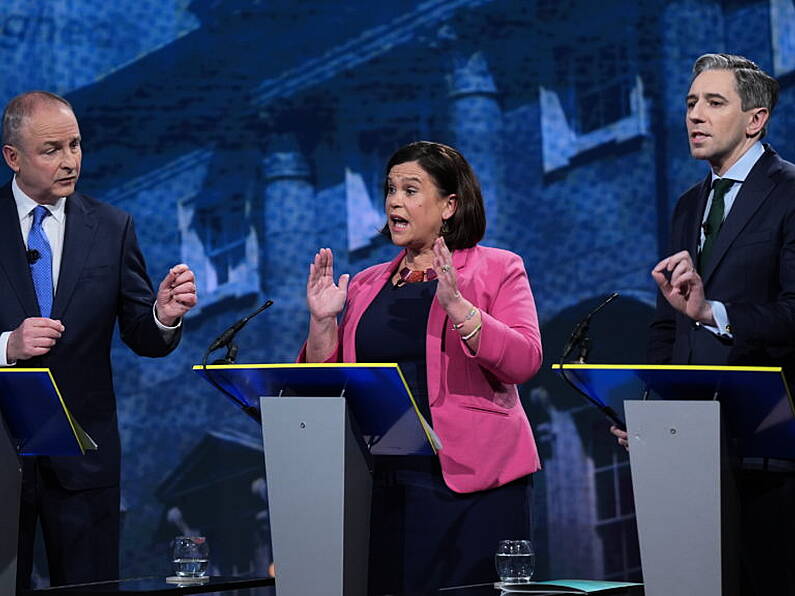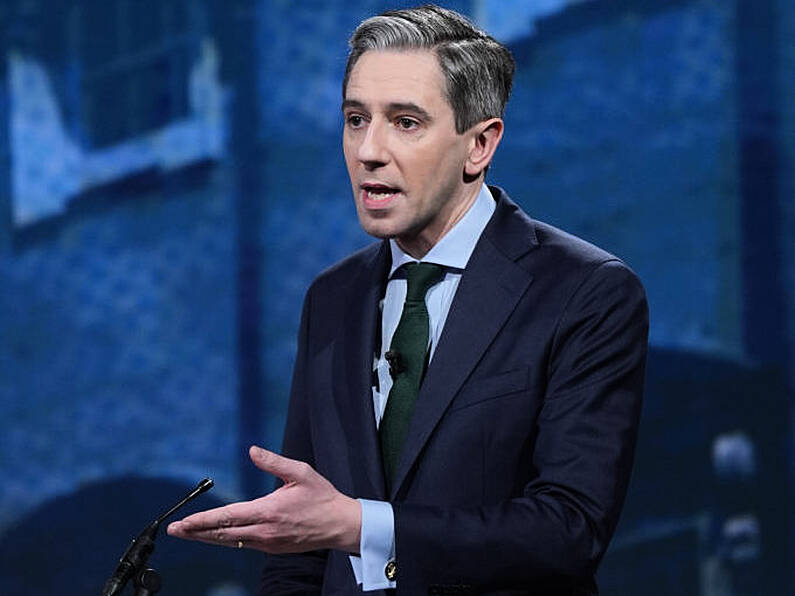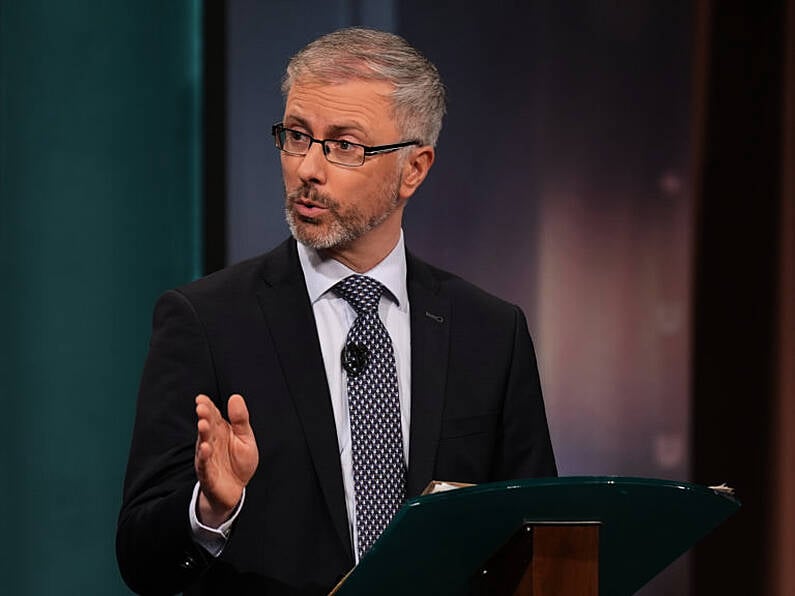By David Young, Cillian Sherlock, Grainne Ni Aodha and Jonathan McCambridge, PA
The chair of RTÉ’s board has revealed she asked its director general to quit almost a week before the scandal about misreported payments became public.
Siún Ní Raghallaigh made the disclosure as she joined fellow board members and several RTÉ executives at an Oireachtas committee hearing in Dublin to face more than four hours of questioning on the furore that has engulfed the national broadcaster.
Former director general Dee Forbes quit on Monday. That came four days after RTÉ first announced last Thursday that between 2017 and 2022 star presenter Ryan Tubridy had received €345,000 more than what the broadcaster had officially declared to the public.
Ms Ní Raghallaigh told the media committee in the Oireachtas she had asked Ms Forbes to resign the previous Friday (June 16th).
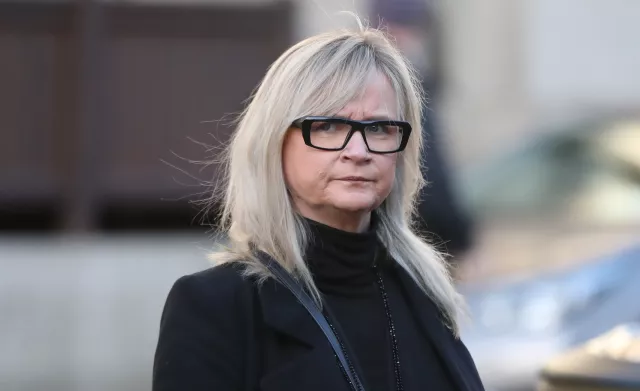
The chair also heavily criticised the culture within the executive team at RTÉ as she told committee members the national broadcaster had fallen far short of standards expected of it.
“I apologise for this egregious breach of trust with the public,” she said.
On Tuesday, RTÉ issued a statement saying Ms Forbes was the only executive who had all the information to know the organisation had published incorrect salary figures for Mr Tubridy.
Taoiseach Leo Varadkar has described this assertion as not credible and has called for full transparency from the broadcasting organisation.
On Wednesday, RTÉ confirmed talks over a new contract for Mr Tubridy – who stepped down as host of the flagship Late Late Show in May but continues to host a weekday radio show – have been paused pending the outcome of ongoing processes resulting from the payments disclosures last week.
He remains in contract and is still being paid, despite being taken off the air for editorial reasons since the scandal broke, the media committee heard.
Ms Forbes did not appear before the committee on Wednesday, citing ill health for her absence.
She has, however, insisted she did not act contrary to any advice in the contractual dealings related to Mr Tubridy.

Ms Ní Raghallaigh explained why she asked her to quit.
“When the Grant Thornton (auditors) report was delivered to the (RTÉ board’s) audit and risk committee, the audit and risk committee made recommendations and one of those recommendations was to ask for her resignation,” she said.
Fine Gael TD Brendan Griffin said it was a “monumental error” to ask the director general to resign, and then accept her resignation, as it had deprived the committee of the opportunity to get her to come face questions.
He questioned whether board members should be considering their own positions for allowing Ms Forbes to quit before she had faced parliamentarians.
Ms Ní Raghallaigh conceded that board members had not talked about the implications for the parliamentary committee when deliberating over Ms Forbes’ resignation.
“Our decisions taken around that were what we agreed as a board because we felt that what had happened was shocking,” she said.
The chair added: “She (Ms Forbes) still has the option to come before the committee.”
The RTÉ board chairwoman said the management of RTÉ has to “seriously be addressed”.
“We have very much a cultural issue within the organisation, you can see, this is why we’re here,” she told the committee.
“It’s a culture that’s in there that accepts that ‘well, that’s approved by the DG, so I’m not going to talk about it’.
“I think all of the people here (RTÉ executives) would agree here now that that’s wrong.
“For the board and for me, and I’m only there seven months, but for me that was the shocking part of it as well, that there wasn’t the conversations that we all would assume would happen, but each of them in their own individual area … it’s siloed.”

She added: “Culture comes from the top down and there’s a role for the executive board now to actually own what the issues are here and discuss it with the board.
“We have to talk that through in terms of how that has permeated right down into the organisation.”
Interim deputy director general of RTÉ Adrian Lynch, who also gave evidence to the committee, said the current executive board was prepared to “own” the issues that have emerged.
“As an exec board, we totally recognise that there has been a serious breach of corporate governance here and lack of transparency, and completely own that,” he said.
“And, working with the chair, we’re completely committed to rebuilding good practice.”
The Government has ordered an external review into governance and culture at the broadcaster.
Addressing the issue in the Dáil on Wednesday, Mr Varadkar said: “Certainly we do not believe it is credible that the former DG Dee Forbes was the only person with knowledge of these events.”
He said the Government and public expect “nothing but full and open transparency from RTÉ”.
More questions will follow for RTÉ representatives on Thursday when they will appear before the Oireachtas’s Public Accounts Committee. Ms Forbes will again be absent.
RTÉ staff staged protests around the country on Tuesday, demanding answers about the furore.
Tuesday’s statement from RTE covered €225,000 of fees paid to Mr Tubridy between 2020-2022. It said a report by external auditors Grant Thornton found no illegality in the payments.
A further external review by Grant Thornton into payments of €120,000 between 2017 and 2019 is under way, with the findings due within four weeks.
Mr Varadkar said that timeframe is not “satisfactory” and the Government is pressing for the report to be made available sooner.
On Tuesday, RTÉ said Ms Forbes was not consulted in the drafting of its statement and she may dispute some elements of it.
The Grant Thornton report gave detail of a commercial arrangement involving RTÉ, Mr Tubridy and a commercial partner that was entered into after Mr Tubridy forewent an exit fee due to be paid at the end of his previous contract.
The statement from RTÉ explained the terms of this tripartite agreement between RTÉ, Mr Tubridy and Renault.
This agreement was separate to Mr Tubridy’s central contract with RTÉ and involved him making appearances at commercial events.
It said Mr Tubridy was to be paid €75,000 annually under this tripartite commercial arrangement, with the payments underwritten by RTE.
The payment was made by the commercial partner in the first year. The same sum paid to Mr Tubridy was then provided back to the commercial partner by RTÉ by way of a credit note on future spending with the broadcaster – meaning the deal was cost-neutral to Renault.
The RTÉ statement said Mr Tubridy was unaware of the credit note provided by RTÉ to the commercial partner.
The tripartite arrangement ended during the Covid pandemic, leaving RTÉ liable for the next two years of payments.
RTÉ said Ms Forbes verbally agreed to the terms of the commercial arrangement in a video meeting.
The two payments from RTÉ were paid to Mr Tubridy’s agent using a UK-based barter account.

A barter account is usually used to record the exchange or goods and services.
Due to how a barter account operates, a cash transaction is recorded at a higher gross value than the net sum of the money drawn down.
Grant Thornton said that, on the balance of probabilities, the barter account was used because there were available funds in it and it appeared there was no budget available for the €75,000 payments in year two or three of the agreement.
It also emerged on Tuesday that RTÉ used the barter account to pay for the costs of hosting events for the commercial sponsor in 2022.
These payments were recorded in the barter account at a value of €47,477; the actual cost of these events was €30,586.
The review said there was no wrongdoing by Mr Tubridy or the commercial partner.



